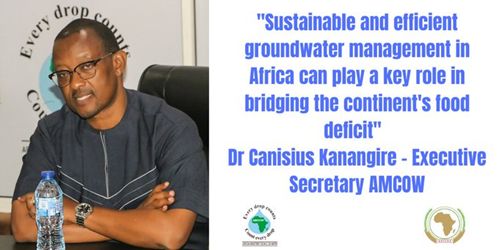
Dr. Canisius Kanangire, Executive Secretary, African Ministers’ Council on Water (AMCOW), spearheading the AMCOW Pan-African Groundwater Program (APAGroP) (photo: AMCOW).
The African Ministers’ Council on Water (AMCOW) convened several meetings focused on its Pan-African Groundwater Program (APAGroP) during and prior to the 20th African Water Association (AfWA) International Congress and Exhibition (ICE) on February 24-27, 2020, in Kampala, Uganda. The aim of the meetings was to highlight the critical role of groundwater in achieving several of the United Nations Sustainable Development Goals (SDGs), and to consolidate processes and partnerships around implementation of APAGroP.
The meetings helped to highlight the critical position of groundwater in fulfilling high-level commitments across Africa to enhance water security, resilience to climate change, livelihoods and agricultural development, as defined by the AMCOW Strategy 2018-2030, Africa Water Vision 2025, AfricaSan Ngor Declaration on Sanitation and Hygiene, and the African Union Agenda 2063: The Africa We Want.
Furthermore, with the particular aim of strengthening its newly launched groundwater program over the short term, AMCOW convened several meetings with strategically selected African/international partners and institutions with expertise, experience and good networking relations in the fields of groundwater, and water, sanitation and hygiene (WASH). These meetings were organized together with the Groundwater for Resilience in Africa Network (GRAN), funded by UK Research and Innovation (UKRI) and led by International Water Management Institute (IWMI), and held prior to the start of AfWA ICE on February 24, 2020. Firstly, a high-level policy dialogue was held on February 23, 2020, to discuss the role of APAGroP, its road map, implementation and the critical links to ensuring uptake by AMCOW Member States. Seven of the AMCOW Technical Advisory Committee (TAC) members participated in the dialogue.
Secondly, building on the principle that ‘the whole is greater than the sum of its parts’, several international experts and institutions, including 10 partners of the Groundwater Solutions Initiative for Policy and Practice (GRIPP)*, joined the TAC members for a full-day APAGroP Working Group Meeting on February 22, 2020. The aim of this meeting was to identify and further scope out ‘low-hanging fruits’ in terms of deliverables from APAGroP that can benefit Member States in the short term. Examples of these include (i) the Africa Groundwater Atlas developed under the Unlocking the Potential of Groundwater for the Poor (UPGro) research program. The Atlas is an online resource that provides an introduction to the groundwater resources of 51 African countries, and a gateway to further information; (ii) a country support tool on groundwater assessment and management to be rolled out in Namibia, and (iii) capacity strengthening through training programs, especially with a focus on professional water well drilling. APAGroP focuses closely on the interface between securing safe water supplies and not compromising the integrity of the resource base. As part of the APAGroP road map, a continental-level White Paper on Groundwater for Resilience in Africa will be developed. The roll out of APAGroP will continue through the 8th Africa Water Week (to be held in Windhoek, Namibia, in November 2020) with its culmination at the 9th World Water Forum in Dakar, Senegal, in March 2021, in the presence of heads of state.
The principle that ‘the whole is greater than the sum of its parts’ was witnessed again when study tours related to groundwater were conducted prior to AfWA ICE on February 20-21, 2020, and a dedicated groundwater program was carried out during AfWA ICE, similarly helping to inform and showcase APAGroP. UPGro, along with the many GRIPP partners, provided significant support to these programs, which showcased outcomes of a seven-year research effort by five research consortia funded by the UK Department for International Development (DFID), UK Economic and Social Research Council (ESRC), and the Natural Environmental Research Council (NERC). The Ugandan government, with strong representation from Dr. Callist Tindimugaya, Commissioner for Water Resources Planning and Regulation, Ministry of Water and Environment, provided strong support to the larger AfWA groundwater program and, in particular, demonstrated large strides in addressing the country’s groundwater resources through effective management.
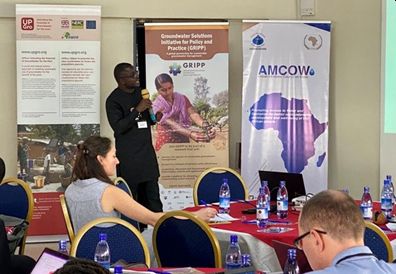
Dr. Paul Orengoh, AMCOW Program Director, provides an introduction to APAGroP during the Working Group Meeting in Kampala, Uganda, on February 22, 2020 (photo: AMCOW).
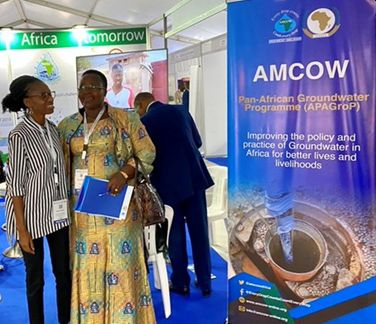
Maïmouna Tall, Communications and Visibility Manager, AMCOW, with a delegate at AfWA ICE, discussing the prospects of APAGroP (photo: AMCOW).
GRIPP partners involved in the AfWA groundwater program:
Africa Groundwater Network (AGW-Net)
Association of Water Well Drilling Rig Owners and Practitioners (AWDROP), Nigeria
British Geological Survey (BGS)
Federal Institute for Geosciences and Natural Resources (BGR), Germany
International Association of Hydrogeologists (IAH)
International Groundwater Resources Assessment Centre (IGRAC)
International Water Management Institute (IWMI)
Skat Consulting Ltd. (Skat)
The World Bank (WB)
United Nations Educational, Scientific and Cultural Organization – Intergovernmental Hydrological Programme (UNESCO-IHP)






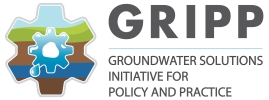
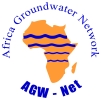
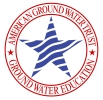
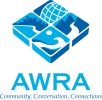

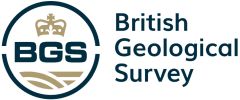
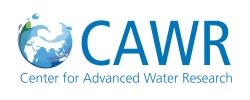


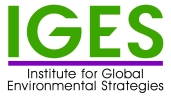
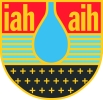


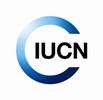



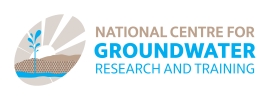
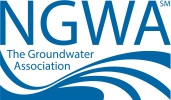
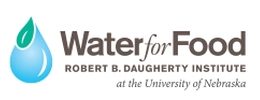



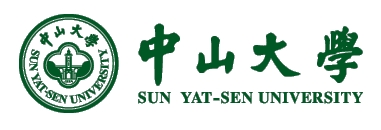

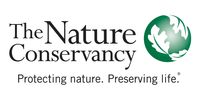
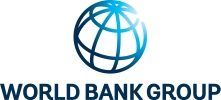

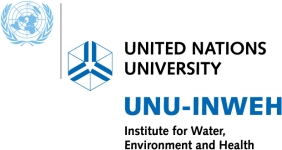
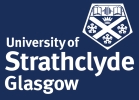
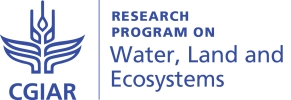
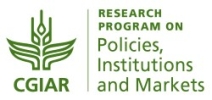
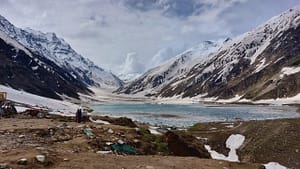
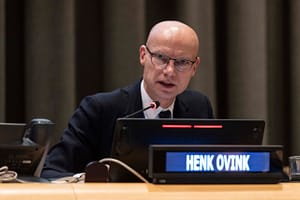


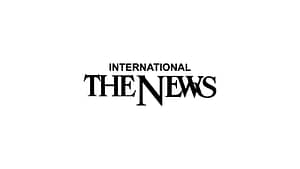
Pingback: African Ministers’ Council on Water embraces groundwater as a key resource for health and socioeconomic development in Africa through a UK-funded Networking Project - GRIPP